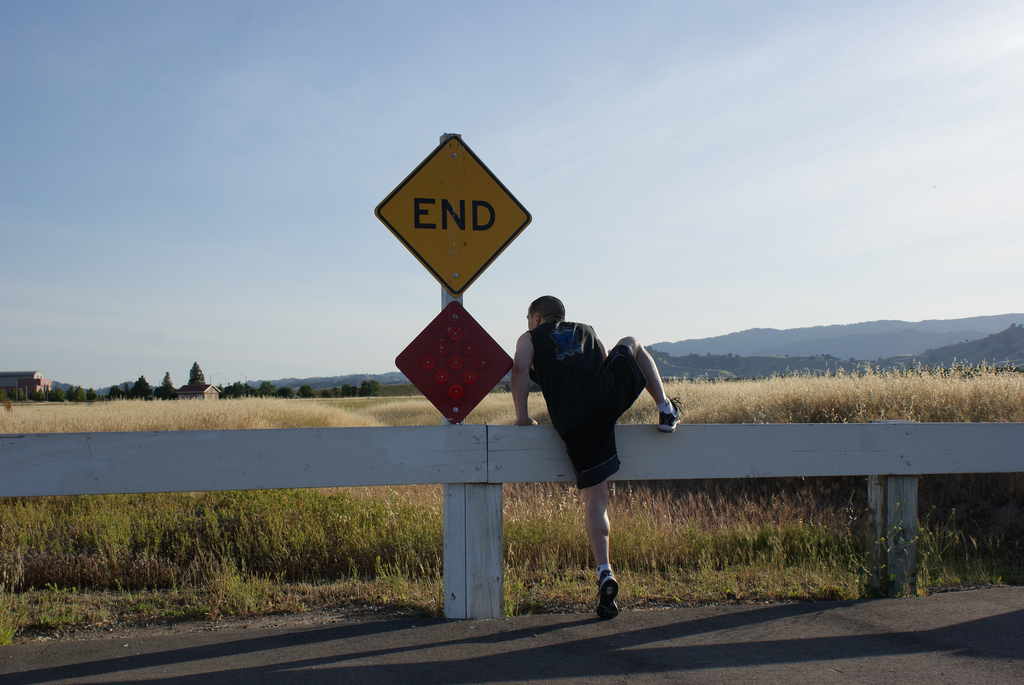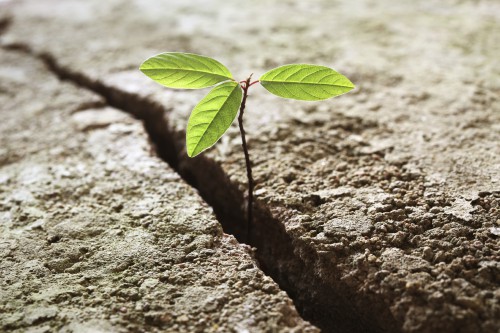How to Be Happier: Proven Ways to Boost Your Mood and Feel More Connected and Content
You may think happiness just happens to you, but in truth, the keys to happiness are within your control. Here are the small steps that can change everything. Our editors and …










